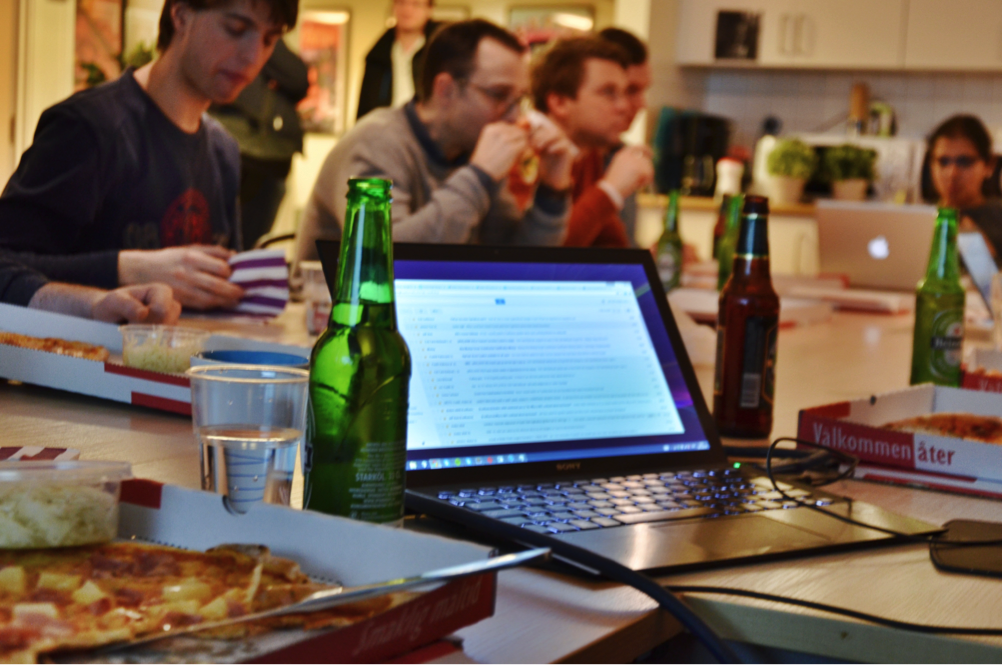The companies that proudly promote their “Pizza, beer and ping pong” culture may have been on to something.

According to a study conducted by Dan Ariely for his book “The Payoff: The Hidden Logic That Shapes Our Motivations”, it’s Pizza, compliments, and money, in that order that motivate employees to work harder.
To conduct the study, Ariely set up 4 work groups at a semiconductor family in Israel and sent 3 out of them different text messages promising specific rewards for assembling a prescribed number of chips each day. One group was promised a “Well Done!” text message from the boss at the end of the week. Another group was promised a bonus of about $30. A third group was told they would get a voucher for a free pizza. A fourth group, roughly 25 percent of the workers, got no message and no offer
Then the participants were told to get to work.
During the beginning of the week-long experiment, free pizza came out first, showing a 6.7 percent increase in productivity over the control group. A “Well Done!” saw a 6.6 percent increase. And money claimed a measly third place with just 4.9 percent over the control group. But as the week finished up, money fell into last place, performing 13.2 percent worse than the control group.
While the study may have its bias and a limited sample size, it does point to some broad trends in employee psychology. Apparently Pizza – a perceived high value item food – stands to motivate the most, followed by praise and money, the third.
The study finding aligns with some of the conventional wisdom about motivational factors at work. For people in certain positions, money stops being a factor after a while and it’s the need to be recognised and appreciated on the work they do. For some people, while some extra money is great to get in the bank, the pizza offers an immediate sensory gratification that makes the physical work seem worth it.
It’s not surprising then that a lot of companies, especially startups rely on pizzas (or equivalent) to motivate employees to put in extra hours or extra work. Google, despite all its fancy free good at campuses, is still known to organise teams into focus groups and go on “War rooms”, a period of intense activity in a short time, followed by a round of free pizza for its participants.
So next time, you feel shortchanged for getting pizza for an additional hour of coding, take solace in the fact that your employer probably knew what they were doing.

